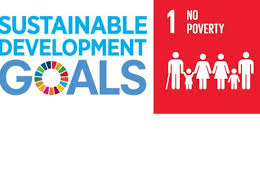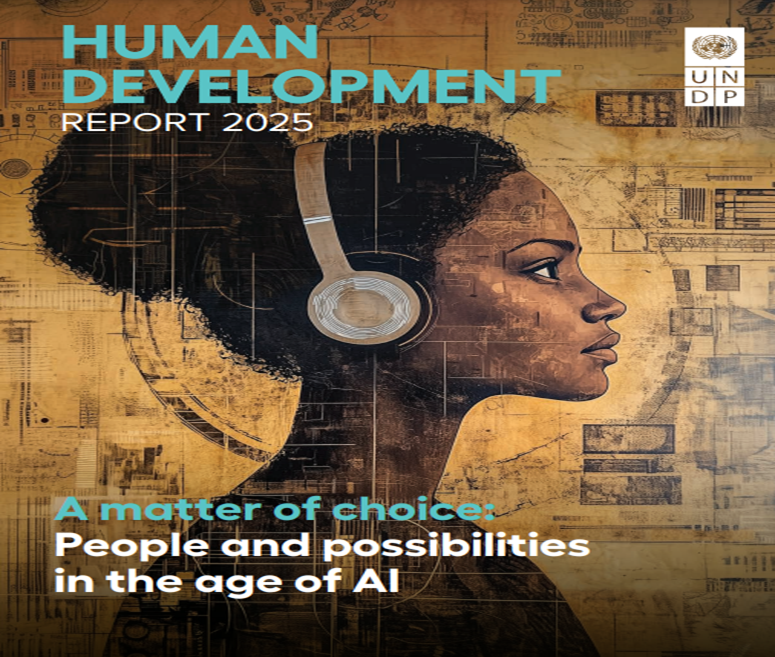The UN Standing Committee on Nutrition (UNSCN) preaches that nutrition should be understood as both an input to and an outcome of sustainable development. The body opines that good nutrition is necessary for achieving optimal physical and mental development during childhood. Conversely, UNSCN further noted that poor nutrition impairs labour productivity, thereby impeding national economic growth. UNSCN warns that without appropriate investments and action, poor nutrition would continue to heighten the global disease burden, impair quality of life and act as a brake on economic growth worldwide. In this instance, malnutrition ‘poses a pernicious impediment to achieving all the SDGs’.
Malnutrition ranks among the leading causes of infant mortality in Nigeria. In 2016, the Federal ministry of health reported that about 2300 children under the age of five die of malnutrition annually. The ministry further stated that 37 per cent of Nigerian children were malnourished while another 29 per cent were underweight. At the 2016 UNICEF media dialogue on Child Nutrition in Makurdi, UNICEF chief of communications, Doune Porter, while making a case for good nutrition as an investment for the future, noted that malnutrition has become a public health emergency in Nigeria. He also noted that one out of five Nigerian children were malnourished (approximately 2.5 million malnourished children) while two out of three were not being given the right food.
Currently, the statistics has not improved: recent UNICEF statistics show that about two million Nigerian children are suffering from Severe Acute Malnutrition (SAM). According to the UNICEF Nutrition Specialist, Mrs Philomena Irene, $72 is required to conveniently treat a malnourished child, which translates to a budget of $144 million to save 2million promising but endangered innocent lives. While this gap of malnourished children persists, other efforts towards achieving the SDG goals may not yield sustainable results.
Building model primary and post – primary schools with modern facilities may not yield sustainable results if there are no healthy children to use such facilities; teachers’ inputs together with the use of modern facilities may not be sufficient to combat the impairment of physical and mental development occasioned by poor nutrition. Healthcare challenges posed by malnutrition add to the economic woes of households; a malnourished children population cannot sustain a healthy adulthood, thereby impeding on viable workforce in the future.
The call is on all good corporate citizens to rise up to the challenge of malnutrition in Nigeria. UNICEF alone cannot complete the intervention circle across all nooks and crannies in Nigeria. Doune Porter of the UNICEF noted that the world body cannot be in every part of the country all the time, rather many hands should be on deck to address nutrition challenges in different parts of the country. All Nigerian corporates are enjoined to join forces with government and donor agencies to address the mounting challenge of malnutrition as an evidence –based approach to Statement of Social Impact. The FG School feeding programme presents a good avenue for taking the fight against malnutrition to the hinterlands and remote areas where this problem reigns most supreme. Still by way of evidence – based Statement of Social Impact, beverage companies and other corporates whose object of trade drives nutrition may consider interventionist price regimes, especially in rural areas, to increase access to good nutrition. Economy packs of such products would also increase access to good nutrition, even in towns and cities.
In all, the essence is for companies to consider promotion of infant nutrition through CSR, as a way of driving sustainable development. Funds deployed in this direction represent a social investment into the future. Such investments would not only guarantee social benefits, but would also guarantee viable markets in the future to ensure business sustainability
What is your organisation doing to support the fight against malnutrition? Stand to be counted in the CSR Arena. Reach us on: thecsrarena@gmail.com

The CSR Arena is a CSR advocacy and sustainability-reporting-analysis champion. We encourage and celebrate effective CSR and positive social impact by responsible corporate citizens; we celebrate international best practices in sustainability reporting across different economic divides. Our goal is to realize the dream of development scholars that, ‘corporates, more than governments, would bring about the much needed sustainable development across the globe. We partner with FBOs, NGOs, CBOs, governments and corporates to spread the message of sustainable development and corporate sustainability. Our platforms bear tales of good corporate citizenship – grab the microphone that you may be heard. Contact: news@thecsrarena.com


